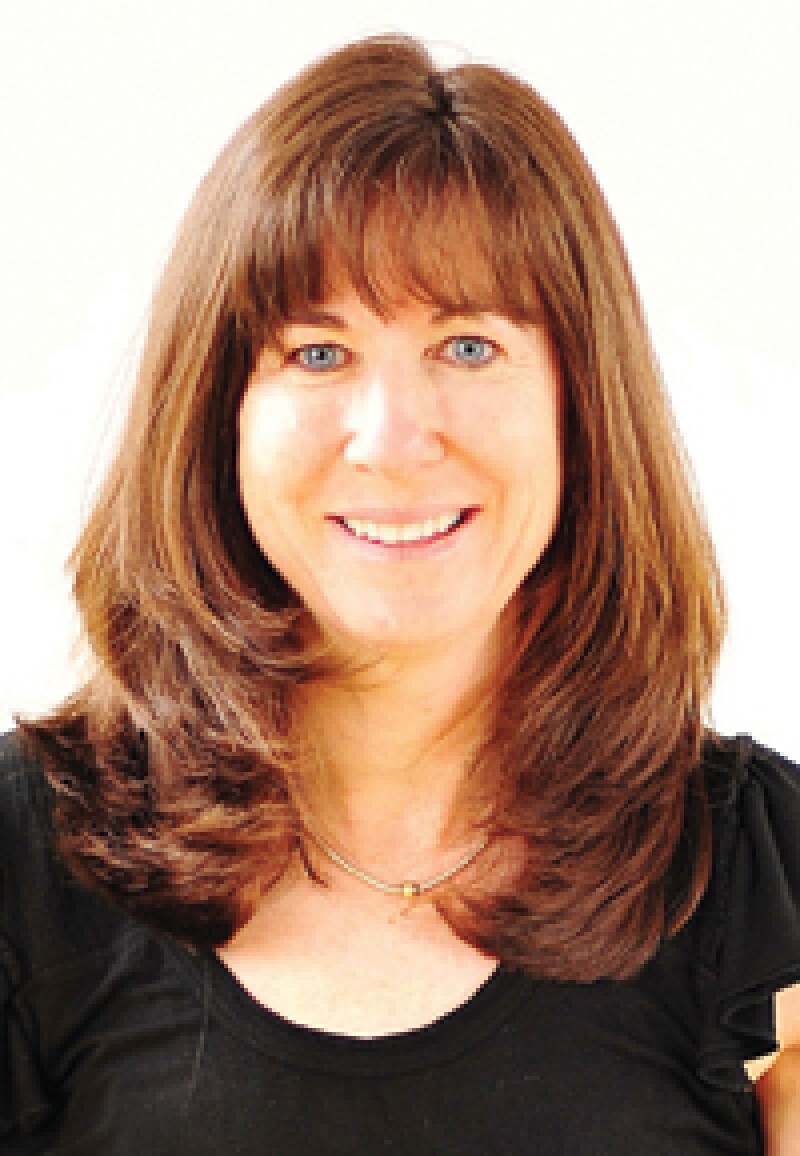What is your role at Verizon?
I've been at Verizon 21 years and am now Vice President & Associate General Counsel, Verizon Communications. It's really my second law job. I worked at Morgan Lewis for five years after graduation. When my daughter was born I began a part-time job at Bell Atlantic. After a number of years, when the Internet began to hit and the issues became more urgent, I switched to a full-time job here and have been here through various mergers and re-namings.

Is enforcement a challenge?
We don't have a lot of counterfeiting. That would target our manufacturers more than us in the service industry. But we see a ton of infringements—both classical trademark infringement and cybersquatting. We use the UDRP and the Anti-Cybersquatting Consumer Protection Act in the United States. We've been thrilled with the results. Verizon spends US$3 billion a year on advertising, so that's more than the market capital of many large companies. As a result our brand is also targeted by cybersquatters who seek to exploit consumer confusion. We've brought a number of lawsuits and ACPA actions and built up a portfolio of domain names. We've then been able to measure the traffic of what we won back. The names we got back resulted in 33 million new visitors to our website and over 300,000 sales a year. We measure them the same way a cybersquatter measures them and have been able to bring value back to our portfolio.
The key is we're looking at which misspellings get hits. For example, Verizon could get hundreds of thousands of hits a month. We redirect all the traffic back to the main website. We could easily own 100,000 to 200,000 domain names. Some are not worth registering—they have to be worth the price of the registration fee.
Do you welcome the expansion of the domain name system?
One of the benefits of being located in Washington is that our legal department encourages an active policy role for its attorneys and you get the opportunity to work on international issues as well. On internationalized domain names (IDNs) we understand the need for expansion. We're a bit concerned about how trademark owners will monitor and police their marks in those new character sets as there are no services to provide us with notices of infringement.
On the expansion of gTLDs we believe Icann is making a huge mistake to the detriment of brand owners and consumers, and we think it will lead to more cybersquatting and abuse.
I don't think it can be stopped at this point. Unfortunately we're going to have to watch the damage occur because Icann is not listening to the governments or law enforcement officials or brand owners or consumers who have raised concerns.
Brand owners need to be more engaged inside and outside of Icann. Right now only a small subset of people participate. Unfortunately those people are outvoted and outnumbered by the registrars and registries who have a lot of votes at Icann. Icann itself stands to make tons of money and there are all these people making money from those bidding on gTLDs to game generic names, providing back-end services and advice to brand owners. The whole issue is being driven by defensive registration and fear rather than a true need to do this. Many of the founders of the Internet like Tim Berners-Lee and Esther Dyson have come out and said this expansion is unnecessary.
How is your time split?
I guess a third of my time is trademarks, where the issues are huge, a third copyright—I was one of the original negotiators for the telecoms industry for the DMCA—and a third patent licensing which is a new area to me which I'm enjoying.
What kind of work do you do in-house?
We tend to try to do as much as we can in-house. Our team is about six people working on trademark issues full-time. We do searching and UDRP in-house and much of our enforcement. We rely on outside counsel to bring cybersquatting actions and foreign counsel to help with searching abroad and for other thorny issues. We use outside counsel fairly judiciously. Our department has been able to cover its costs over the past four years thanks to the enforcement actions we bring.
What do you look for from outside counsel?
Many of them provide services on a flat-fee basis. That's been a very creative win-win option for us to handle large volumes of searching. It reduces costs. Often the choice of firm is driven by the reputation of particular lawyers who are extremely skilled in the field. We use one firm for cybersquatting work because they have ability to find cybersquatters and technical ability. In the copyright area there are only a handful of lawyers who understand the issues for a company like Verizon so generally we rely on particular individuals.










